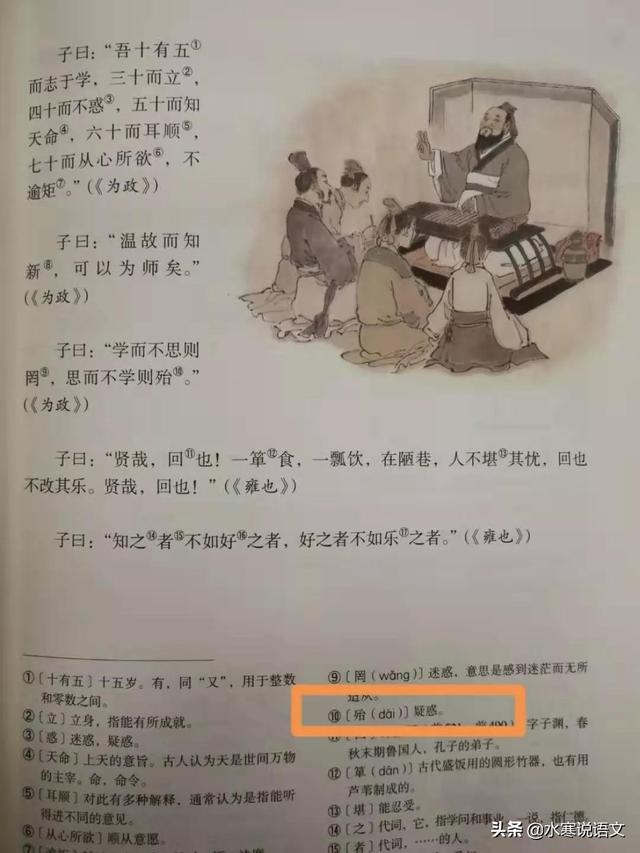许多以英语为母语和非英语为母语的人认为,完成时态远非“完美”它们会让大多数人头疼在这篇文章中,我们将把完成时态分解成几个小部分,使它们更容易理解,接下来我们就来聊聊关于小学英语动词时态归纳总结表?以下内容大家不妨参考一二希望能帮到您!

小学英语动词时态归纳总结表
许多以英语为母语和非英语为母语的人认为,完成时态远非“完美”。它们会让大多数人头疼。在这篇文章中,我们将把完成时态分解成几个小部分,使它们更容易理解。
有用的提示
现在完成时的时间表达
- 用since和过去的特定年份或者时期连用。例如:> since 2002 / since I was a child
- 用for表示数年。例如:for twenty years
- 在疑问句和否定句中使用ever和yet。例如:Have you ever / hasn’t been yet
- 使用already和never,只在have/has和动词之间使用。例如:has already finished / have just been
- 在句末或疑问句中使用before, since, for, already, many times, so far, yet。例如:Have you been there before?
一般现在完成时是用来描述发生在过去但仍然与现在相关的行为。
- Rani has broken her arm.(她过去把它摔断了,现在胳膊不能用了。)
描述一个在过去开始,但仍然按照常规或习惯发生的行为(就像一般现在时一样)。
- The girls have played tennis at the club since 2005. (他们从2005年开始在那里打网球,直到今天还在那里打球。这并不意味着他们现在正在打网球。)
描述在过去重复多次的行为。
I‘ve already made several calls.(直到现在)
过去具体的时间并不重要,重要的是事情发生了。
注意:时间表达——现在完成时
不要使用与一般过去时相同的时间表达,例如:yesterday, a week ago, last night。你可以使用不特定的时间表达,例如:ever, never, since, for, already, many times, before, so far, yet。
典型的现在完成时句
为了用一般现在完成时构成一个典型的句子,选择一个主语(做动作的人或物),加上一个助动词(或助动词):has或have 动词的V3(过去分词)形式,然后加上句子的其余部分。
|
Subject |
have/has Verb(V3)
你可能已经注意到,第三人称单数(he, she, it)的缩略语看起来像现在进行时。你可以通过使用V3和句子的上下文来区分它们:he is > he 's eating now / he has > He’s eaten dinner already 当你想突出重点的时候,保存长格式。当你说话的时候,你应该强调have/has。 He has sung that song. I know he has. 一般现在完成时的否定句 拼写提示 当缩短助动词have/has和否定句时,只需去掉not中的o并加括号(') has not > hasn’t have not > haven’t 当创造否定句时,我们通常使用hasn 't或haven 't一起 动词的V3(过去分词)形式。当你想强调的时候,可以保存长格式(has not和have not)。说话的时候,要重读not。
一般现在完成时的Yes/No疑问句 创建一个问题,回答是或否,开始与或有问题,(没有或没有负面问题)然后添加一个主题(做动作的人或事)紧随其后的V3(过去分词)形式动词,然后再添加其他的句子。
一般现在完成时的wh疑问句 wh-问题是在答案中需要更多信息的问题。典型的wh-词有 what, where, when, why, who, how, how many, how much. 要创建一个wh-question,先以wh-word开头,然后加上have或has,然后是主语(做了动作的人或物),再加上动词V3(过去分词)形式,然后再加上句子的其余部分。
一般现在完成时的反义疑问句 反义疑问句是加在句尾的简短疑问句。它们只是用来确保和你说话的人理解你的意思或强调你说的话。 它们由一般现在完成时的规则句组成,然后加上haven 't或hasn 't和一个代词(I, you, we, They, he, she, it)和一个问号。 一般现在完成时的例子-反义疑问句:
当你使用否定句时,你也可以添加一个肯定的标签。
规则是:当句子是肯定的时候,标签是否定的。 当句子是否定的时候,标签是肯定的。 练习-简单的现在完成 如例子中所示,填写一般现在完成时的正确形式。
Answers: 1.has seen 2.haven’t had3.have visited 4.Has/passed 5.has been6.haven’t spoken/have 7.has/quit 8.Have/gone9.Haven’t/delivered 10 .have/ told ,最新推荐 |





